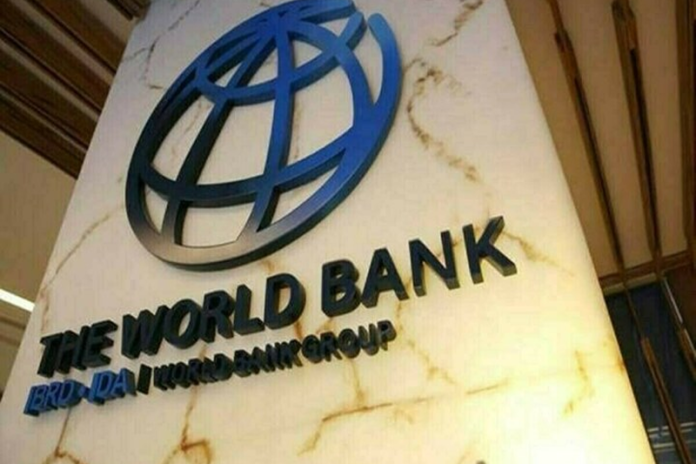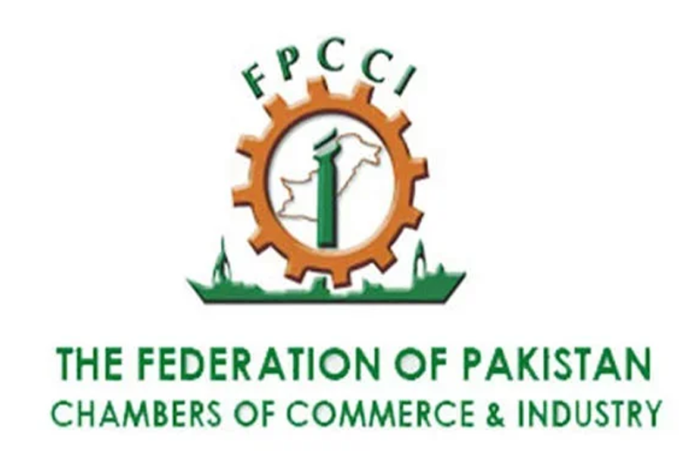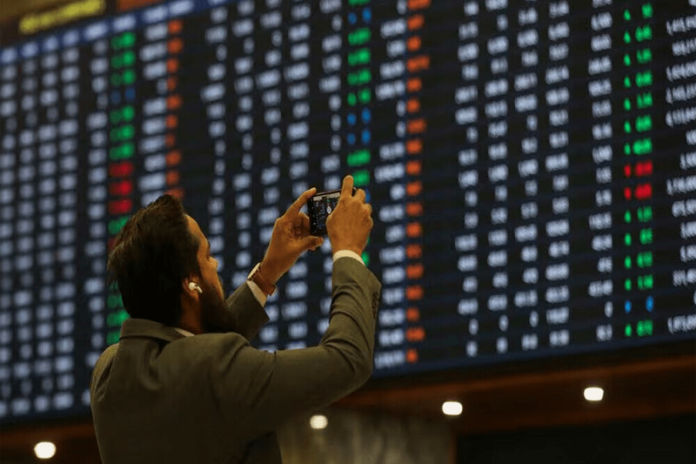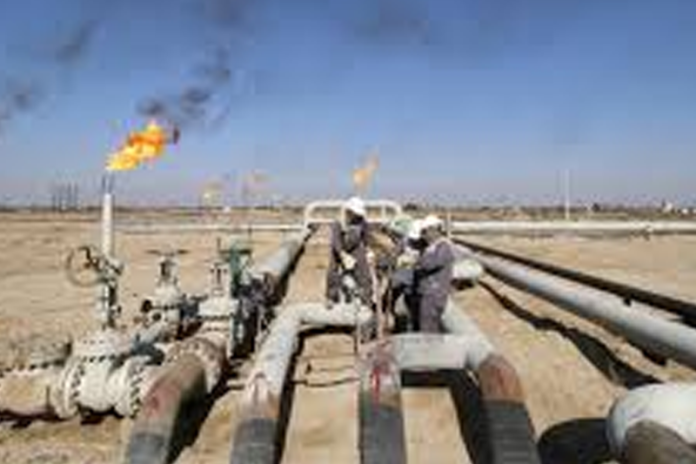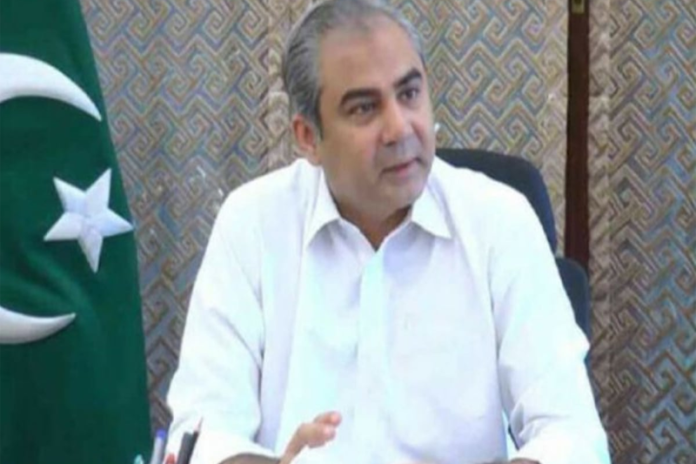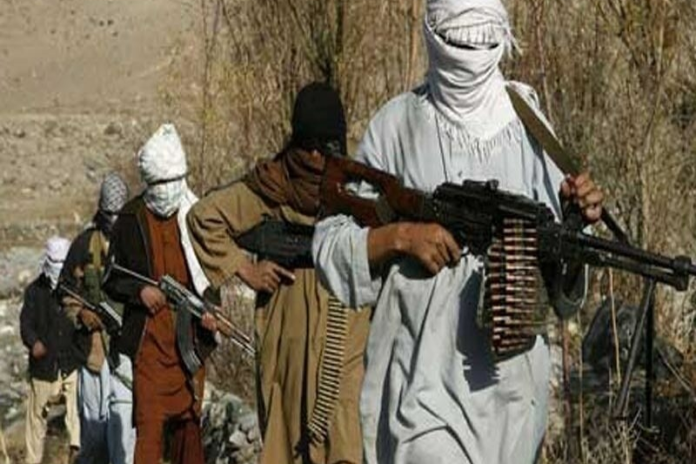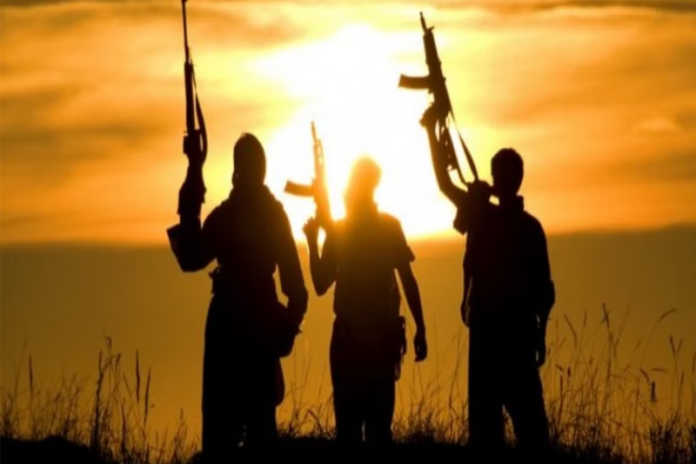The Evolution of the Pakistani Film Industry
FROM GLORY TO RESURGENCE

- 547
- 0
The Pakistani film industry, often referred to as Lollywood, has a rich and storied history that stretches back over a century.
Like many film industries around the world, Pakistan’s cinema has seen periods of both great success and significant decline. From its early years of cinematic brilliance to the dark days of stagnation, the Pakistani film industry has undergone a dramatic transformation, emerging once again as a force to be reckoned with in the global entertainment landscape. The roots of Pakistani cinema trace back to the 1940s, just after the creation of Pakistan. The country’s first film, Teri Yaad, was produced in 1948, marking the beginning of what would become a thriving industry.
The early years of Lollywood were marked by a golden era, with filmmakers producing films that resonated with the masses. The 1950s and 1960s were the peak years for the industry, with Pakistan producing some of its most iconic films, such as Khuda Kay Liye and Arman. These films captured the emotional core of Pakistani culture, combining melodrama, romance, and family-oriented stories, and showcased the immense talent of actors like Waheed Murad, Nadeem, and Shabnam. The 1970s continued the trend with hits like Mera Naam Hai Mohabbat and Darpan, but as political instability took hold and the rise of television reduced cinema attendance, the industry began to falter. While there were still notable films produced in the 1980s and early 1990s, the industry faced stiff competition from Bollywood and Hollywood, which led to a period of stagnation in the late 1990s. By the late 1990s and early 2000s, Pakistani cinema had entered a phase of decline. The growth of television, especially cable networks, offered cheaper alternatives to films, and many cinemas began to shut down. This period, known as the Lollywood slump, saw a significant dip in the production of high-quality films, with only a handful of films gaining any recognition, such as Javed Miandad’s Lal Kuthi (1995).
However, the turning point came in the late 2000s and early 2010s, when a new wave of filmmakers began exploring bold, new narratives that resonated with the younger generation. Khuda Kay Liye (2007), directed by Shoaib Mansoor, is often regarded as a pivotal moment for the revival of Pakistani cinema. The film, which dealt with themes of religious extremism and the cultural divide between Pakistan and the West, was a commercial and critical success. This film, along with others like Bol (2011) and Waar (2013), helped re-establish the industry’s presence both domestically and internationally. In recent years, the Pakistani film industry has experienced a remarkable resurgence. The rise of filmmakers like Nabeel Qureshi, Asim Raza, and Bilal Lashari has brought a fresh energy to the scene. These filmmakers have embraced modern filmmaking techniques, focusing on contemporary issues, social themes, and a broader range of genres, from action to romance and thriller. Films like Cake (2018), Verna (2017), Chalay Thay Saath (2017), and Punjab Nahi Jaungi (2017) have gained both critical acclaim and box-office success, with audiences praising the quality of production, storytelling, and acting. The resurgence is also reflected in the growth of cinema chains across Pakistan, with multiplexes like Cinepax and Nueplex bringing a more global cinematic experience to local viewers. One of the biggest success stories of recent years is The Legend of Maula Jatt (2022), a historical action film that has taken both Pakistani and international audiences by storm. The film’s massive success marks a turning point in the global recognition of Pakistani cinema. Despite the industry’s resurgence, challenges remain. Piracy, limited access to international markets, and a lack of government support still hinder the full potential of Pakistani cinema. However, with increased interest in regional cinema globally, there are more opportunities for Pakistani filmmakers to showcase their work on international platforms such as Netflix and Amazon Prime. In conclusion, the Pakistani film industry is in the midst of an exciting renaissance. The creativity, talent, and energy that characterized the golden years of Lollywood are returning, fueled by a new generation of filmmakers. As the industry continues to evolve, the future of Pakistani cinema looks brighter than ever before.















